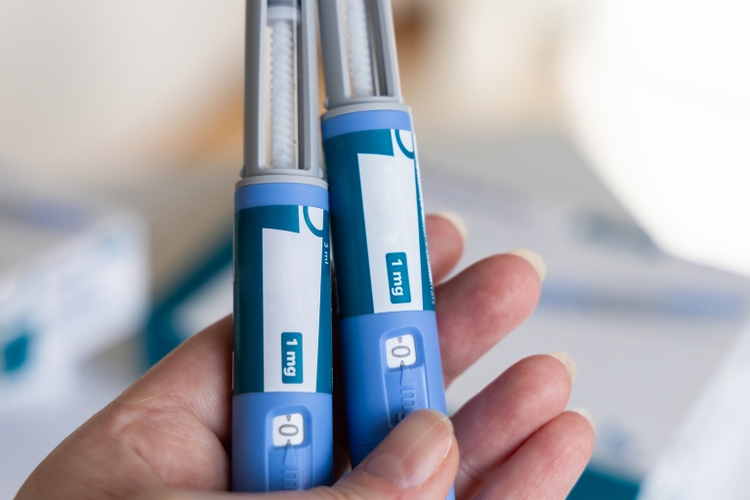Novo Nordisk A/S, a leader in diabetes and obesity treatments, has recently faced scrutiny as it reportedly laid off several employees at its largest production facility in the United States. According to a review conducted by Reuters of LinkedIn posts, the job cuts affected numerous positions across the manufacturing spectrum, primarily targeting roles in quality control.
This decision to reduce its workforce, although not widely reported prior to this investigation, has raised concerns about the implications for its operations in a market where the demand for obesity and diabetes medications is increasing. Novo Nordisk has been at the forefront of developing and supplying essential drugs that cater to these health issues, particularly with its popular products aimed at managing weight and glucose levels in patients.
While specific figures regarding the total number of layoffs have not been disclosed, the cuts are perceived as a strategic move to streamline operations amidst shifting market dynamics. The company, headquartered in Denmark, has faced challenges in maintaining its production efficiencies as it adjusts to both domestic and international demands in a competitive market.
Industry analysts note that such layoffs could hint at broader economic pressures affecting pharmaceutical production, where rising costs and intensified competition are becoming commonplace. Novo Nordisk, long known for its stable workforce, now appears to be adapting its operations to a more variable economic landscape.
In recent months, the pharmaceutical industry has experienced significant shifts, with other companies also re-evaluating their production and staffing strategies. This trend raises questions about the long-term sustainability of physical production jobs in the U.S. manufacturing sector of pharmaceuticals, especially as technology continues to evolve.
Novo Nordisk’s move comes at a critical time when the demand for diabetes and obesity treatments is climbing, especially following the recent surge in obesity rates across the United States. According to reports, nearly 40% of Americans are considered obese, leading to increased investment in research and development of weight management medications. This surge may illustrate a paradox in the company’s need to cut jobs while simultaneously navigating heightened demand for its products.
Experts on labor trends within the pharmaceutical sector suggest that companies might prioritize investing in automation and advanced production technologies rather than maintaining a larger workforce. Such insights lead to speculation regarding the future of manufacturing jobs within this sphere, particularly in crucial production facilities like that of Novo Nordisk.
As Novo Nordisk continues to innovate and adapt, it remains critical for the company to maintain its workforce morale and public image during these challenging transitions. The cuts could also pose risks of losing experienced personnel who have played vital roles in the company’s successful manufacturing processes.
Despite these layoffs, Novo Nordisk maintains a robust market presence, with its stock on the rise due to ongoing product demand. Recent analyses indicated that the company’s financial outlook remains stable, as its leading role in diabetes and obesity medications anchors it against some of the volatility seen in other sectors of the economy.
In context, Novo Nordisk’s decision reflects more than just company-specific challenges but rather mirrors the larger landscape of the pharmaceutical industry adapting to new realities. These changes could have lasting effects on both employment and product availability in the U.S., especially if job cuts continue as a means to navigate economic pressures.
In summary, while Novo Nordisk’s layoffs may signal economic challenges and shifting production strategies, the company’s ongoing efforts to innovate within the pharmaceutical space suggest it is still on track to meet the growing demand for diabetes and obesity treatments. The future remains uncertain, but the adaptability and resilience shown by firms like Novo Nordisk may well dictate the industry’s ability to thrive in a rapidly evolving environment.






